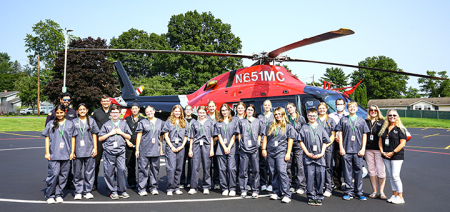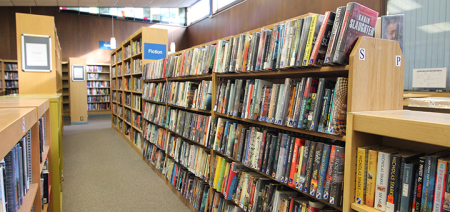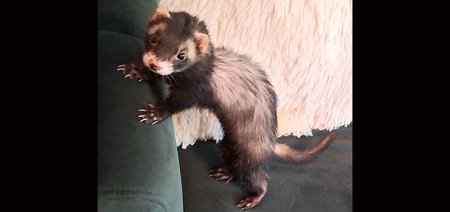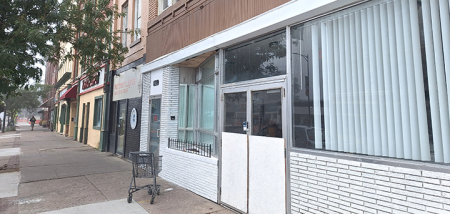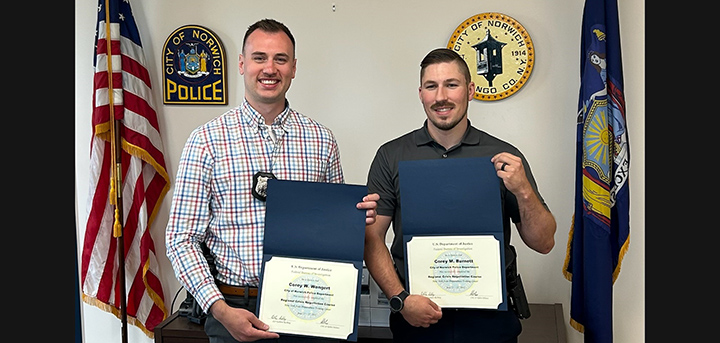One Person Made A Difference
Published:
July 31st, 2014
By:
Steven and Cokie Roberts
When Cokie was a freshman at Wellesley College in 1960, she met a boy from Harvard named Marc Roberts at a political event. Two years later at another meeting, she saw someone who looked a lot like Marc.
But when she greeted him, she realized it wasn't quite Marc. His nametag read "Steve Roberts," so she said, "Are you Marc Roberts' brother?" He looked down at her badge, which read "Cokie Boggs," and replied, "Yes. Are you Barbara Boggs' sister?"
That's how we met. We were married four years later with Marc as the best man. So when he died suddenly last week at 71, our grief was deeply personal. He brought us together. Few if any people knew us longer -- or better.
But the dismay at his death spread far beyond our family circle. For almost 40 years, Marc was a professor at the Harvard School of Public Health, and he traveled the world as an adviser to developing nations, helping them establish effective health delivery systems.
He taught thousands of students in more than 30 countries, and as social media spread news of his passing, the names and nationalities of the people who wanted to share their feelings reflected the vast range of Marc's influence.
An Australian psychiatrist now working in Syria; a public health official in Malaysia; a former grad student in Taiwan; a member of Germany's parliament. They all made the same point: One person can make a difference.
Marc was not a religious man, but he lived by the Hebrew concept tikkun olam, which means repairing or healing the world. Hadia Samaha, a colleague in the Congo, wrote on Facebook: "I had the pleasure and honor of working with Marc for more than 10 years, traveling the world with him and witnessing how he would captivate his audience, doing what he lived to do the most: teaching."
In 1943, there was no way to tell that a mother was having twins, so the arrival of two Roberts boys was a bit of a shock. "What a lot of baby," murmured their mother when told the news. In his memoir, "My Fathers' Houses" (William Morrow, 2005), Steve reflected on the "strange and special" experience of being a twin:
"You are seldom alone. Most of our baby pictures show us together in a carriage, in a sand box, dumping blocks on the floor. Looking back I think it was a good thing. A twin never labors under the illusion that he or she is the sole center of the universe.
"Sure, there were times when Marc and I hated each other. He split my head open at least twice -- once with a dried corncob, once with a board that had a rusty nail protruding from it -- but we always had a companion and a playmate. (Although my mother does recall the time we appeared at her feet and proclaimed, 'We don't have anybody to play with.')"
Marc contracted polio at age 6, and that early illness forced him to focus on a life of words and books, ideas and arguments. In her book "Entwined Lives," psychologist Nancy Segal studied the twins' relationship and wrote: "Marc was a university scholar when he was 8. Will Roberts watched his son 'delivering lectures' on the state of the world to anyone who would listen."
So his future path was not exactly a surprise. The twins arrived at Harvard together in the fall of 1960. And except for two brief periods -- a Fulbright year in England, a semester teaching at Stanford -- Marc never left.
He graduated summa cum laude in 1964, earned his Ph.D. in economics five years later, and in 1975 was appointed to the faculty of the School of Public Health. His classroom style -- forceful and challenging, often laced with humor and an occasional profanity -- was "legendary," according to a colleague and co-author, Michael Reich.
"Students viewed the world differently after a public health course with professor Roberts," says Reich.
They didn't just view the world differently. They viewed themselves differently. They saw that they, too, could make a difference. "Marc was a great mentor and friend to many of us," wrote one of his former grad students, Bradley Chen. "His words of wisdom and encouragement guided me to where I am. His voice and laughter are still so vivid in my ear."
They are vivid in our ears, too. So is his legacy. Student by student, class by class, year by year, he helped heal the world.
Comments
